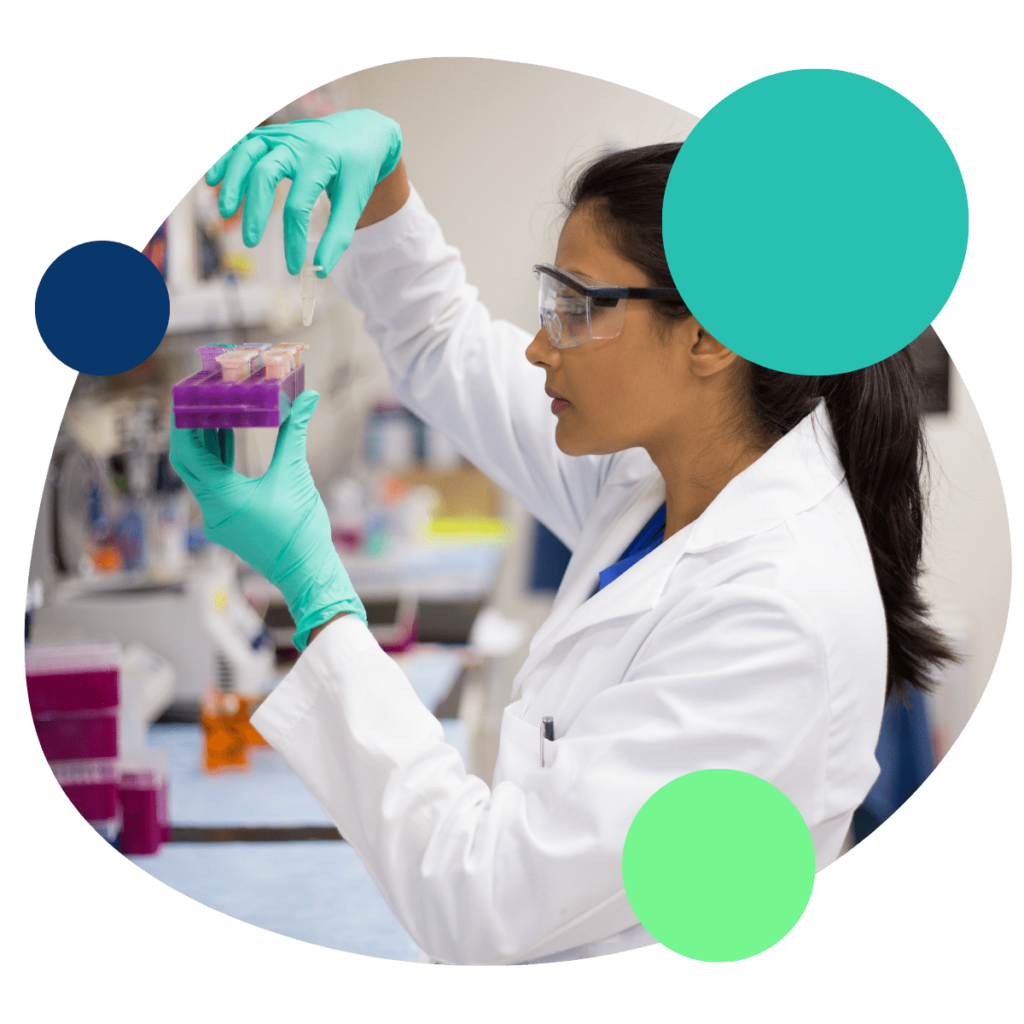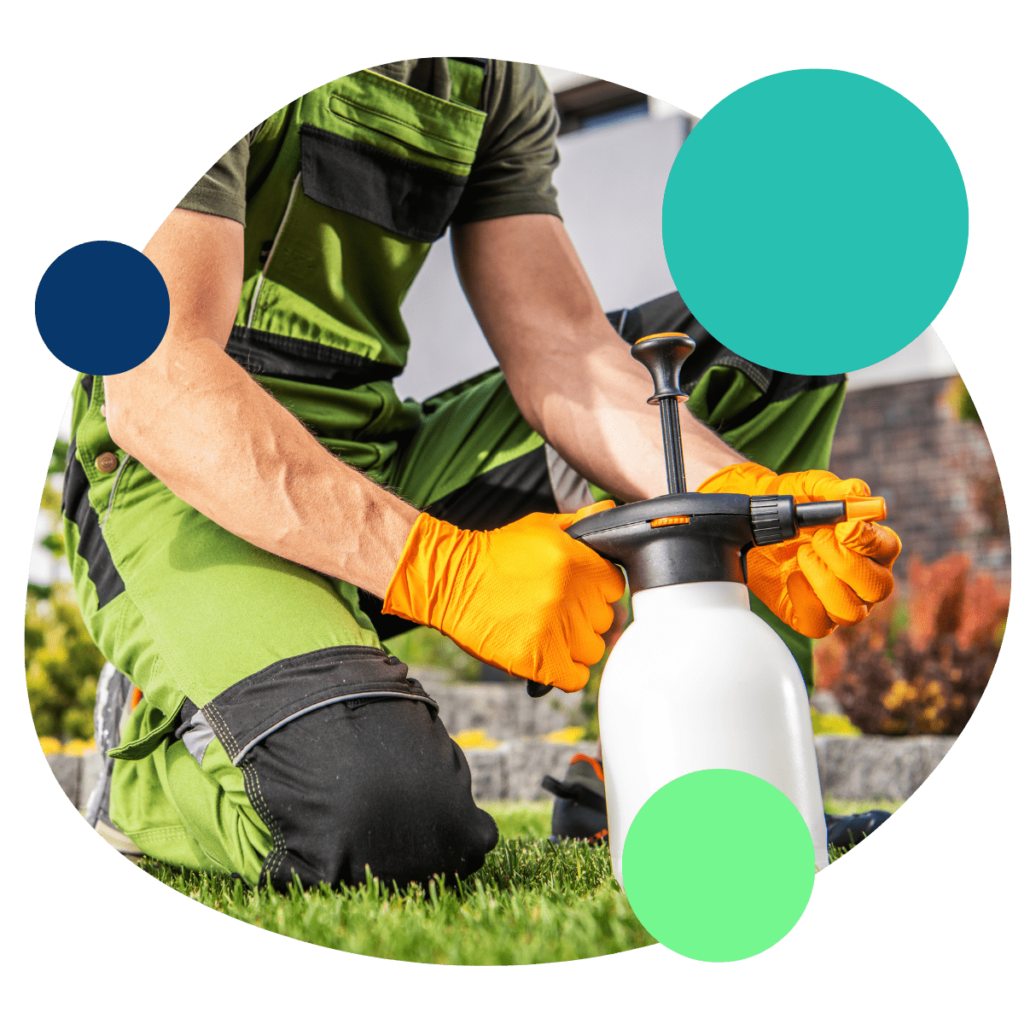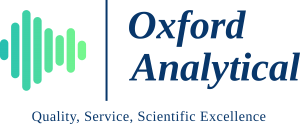Method Development & Validation
Oxford Analytical Services specialises in Method Development and Validation, delivering customised, GLP-compliant solutions across a wide range of compounds.
Whether you require simple assays or complex methodologies, our expert team develops and validates analytical methods to meet the stringent requirements of diverse global regulatory frameworks. With a focus on precision, flexibility and rapid turnaround, we are a trusted partner for manufacturers in biocides, agrochemicals and industrial chemicals.

Method Development & Validation Challenges We Solve
Developing and validating methods that meet global regulatory standards can be challenging. Common obstacles include:
- Regulatory Complexity: Navigating the diverse requirements of EU SANCO, FDA and other international standards
- Customised Requirements: Adapting methods to align with unique compound properties and product formulations
- Tight Deadlines: Accelerating development timelines to meet submission and market launch targets
- Reliability of Data: Ensuring validated methods consistently produce accurate, reproducible results
- Global Market Demands: Addressing varying validation parameters for multiple territories
Oxford Analytical provides tailored solutions to simplify this complexity, helping clients achieve compliance and market readiness efficiently
Benefits and Unique Value of Oxford Analytical Services

Customised Method Development
Bespoke protocols designed for your product’s unique characteristics, ensuring alignment with real-world applications.

Fast Turnaround Times
Streamlined processes to minimise delays, enabling rapid product registration and market entry.

GLP Compliance
All methods are validated to GLP standards, ensuring robust, reliable, and regulatory-compliant data.

Global Regulatory Expertise
Validation programmes tailored to meet the requirements of EU SANCO/3030/99 (SANTE 12830 for residues), FDA, Brazilian ABNT and Australian Standards.

Extensive Experience
Proven track record of developing methods for a wide range of compounds, supported by real-world case studies.

Regulations We Cover
Our Method Development and Validation services ensure compliance with key regulatory frameworks, including:
- Biocidal Products Regulation (BPR) – Regulation (EU) 528/2012
- Plant Protection Products Regulation (PPP) – Regulation (EC) No 1107/2009
- REACH – Registration, Evaluation, Authorisation and Restriction of Chemicals
- Territory-specific requirements for FDA, ABNT and Australian standards
Partner with Oxford Analytical Services
- Expertise Across Industries: Serving biocide, agrochemical and industrial chemical manufacturers with tailored solutions
- Reliable Results: Ensuring accurate, reproducible data to support regulatory submissions
- Global Reach: Meeting the needs of multiple territories with customised validation protocols
Let’s Discuss Your Testing Needs
Our services include:
Assesses product consistency across batches, ensuring compliance with regulatory standards. Determines technical equivalence by comparing composition, impurities and physical properties to reference materials. Learn more.
Provides expert guidance on analytical strategies, regulatory compliance, method selection and problem solving. Supports research, product development and troubleshooting for various industries. Learn more.
Determines the elemental composition of materials, detecting trace metals and other elements using techniques like ICP-MS and ICP-OES. Essential for regulatory testing and material characterisation. Learn more.
Identifies and quantifies impurities in raw materials, intermediates and final products. Ensures compliance with safety standards and supports formulation optimisation. Learn more.
Confirms the accuracy, reliability and reproducibility of analytical methods through independent verification, ensuring compliance with regulatory requirements. Learn more.
Diagnoses unknown contaminants, product failures, or unexpected variations using a range of analytical techniques. Supports root cause analysis and corrective actions. Learn more.
Designs and optimises robust analytical methods tailored to specific applications. Validates methods to ensure accuracy, precision, specificity and regulatory compliance. Learn more.
Evaluates key physical and chemical properties, such as solubility, stability, pH, viscosity and refractive index, supporting material characterisation and regulatory submissions. Learn more.
Characterises polymer composition, molecular weight, degradation and thermal properties. Supports material selection, quality control and failure investigations. Learn more.
Determines the chemical makeup of products, ensuring formulations meet regulatory and quality requirements. Useful for verifying ingredient levels and detecting contaminants. Learn more.
Provides regular testing to verify product consistency, purity and compliance with specifications. Supports manufacturing and regulatory compliance. Learn more.
Uses innovative and targeted approaches to detect unexpected compounds, emerging contaminants, or novel substances, supporting research and development. Learn more.
Evaluates product stability under various conditions to determine shelf life, degradation pathways and compliance with regulatory guidelines. Learn more.
Identifies unknown compounds using advanced spectroscopic and chromatographic techniques, ensuring proper classification, safety assessment and regulatory compliance. Learn more.
